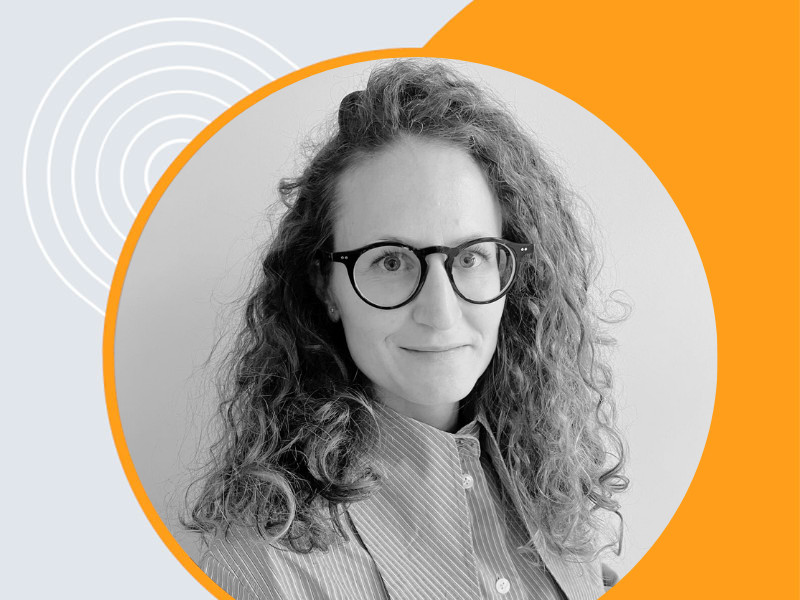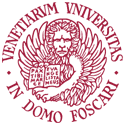Caterina Conte, KitchenAid
Curated by VSM Alumni, November 2025

The endless paths of product
From the classrooms of the San Giobbe campus to the international teams of Safilo, Eastpak, Pandora, Reebok, and now KitchenAid, Caterina Conte’s career is the story of a professional who has turned her management education into a compass — one that guides her across industries, cultures, and perspectives, while keeping her passion for product at the center.
Each step in her journey tells a story of growth, change, and a new way of seeing things. After starting out in demand planning, Caterina realized that behind the numbers lay what fascinated her most: the chance to create value through the product and to understand what truly drives consumers’ choices.
From fashion and sportswear to design, a red thread connects every stage: curiosity for the product, the ability to read numbers with a strategic mind, and a constant desire to learn something new.
Changing industries, cities, or perspectives might seem risky — but for someone who loves what she does, it’s simply another way to grow, evolve, and discover new possibilities.
Looking back at your path through brands like Safilo, Eastpak, Pandora, Reebok and now KitchenAid, what made you realize that product and category management were your direction? Was it a planned choice or an intuition that developed along the way?
It was definitely an intuition that developed step by step, after the different academic and professional experiences I had the opportunity to undertake.
I officially began my career in Demand Planning at Safilo, where numbers and planning played a crucial role. My main goal at the time was to stay somehow connected to the world of fashion and accessories, which had fascinated me after a brief internship at Golden Goose, while I was writing my master’s thesis.
The experience in Safilo’s demand planning team, however, allowed me to really understand what I wanted — and didn’t want — to do, and to discover the various roles and departments within a company. This is something you can only fully grasp once you enter the working world, because every company is structured differently — something you can’t truly experience at university.
Thanks to that experience, I realized that product was my true passion, though numbers (given my economics background) were still a part I didn’t want to lose — the rational side.
That combination helped me move to the Product Merchandising team at Eastpak (VF Corporation) in Antwerp — a role where the analytical and the creative meet, giving me the opportunity to influence both sides.
How did your Management studies at Ca’ Foscari influence your approach to product and category management?
My Master’s in International Management at Ca’ Foscari definitely influenced my career choices — especially thanks to the group projects carried out with local companies.
During those projects, I started to understand how brands and organizations are structured, and I got an early idea of what I might want to do after university.
Working on assignments such as developing a business from scratch, launching a new product, or expanding a company helped me build the mindset I needed to enter the corporate world with confidence.
The most valuable part of the program was its hands-on approach — workshops and collaborations between students and companies — which inspired me and gave me the right push to continue after graduation with clearer ideas.
The fact that the program was taught entirely in English, in an international environment, also motivated me to seek work experience abroad — which led me to VF Corporation and Eastpak in Antwerp, Belgium. That was a wonderful experience, both personally and professionally, allowing me to return to Italy with a broader skill set and new opportunities, such as working for New Guards Group as Category Manager for Reebok’s premium line.
You recently moved from Reebok to KitchenAid, changing not only company, but also industry and city. Every shift brings new questions and expectations. Tell us about yours.
After eight years in the fashion and sportswear industry, I felt the need for change. And after three years, I also realized that Milan didn’t fully reflect my ideal city or lifestyle.
One of the reasons that pushed me to change industries was the overall slowdown the fashion and sportswear sector has faced in recent years. So I thought: “why not explore a new opportunity, in a different industry that could open new doors, allow me to learn new things, and represent a longer-term investment?”
Right now, my main goal is to learn as much as possible and immerse myself in a world completely new to me — that of small domestic appliances.
A brand like KitchenAid, part of the Whirlpool Group, is a globally recognized name in appliances, design, and food — a solid company that actually grew in demand during the COVID period.
I’ve also had a personal passion for food, cooking, and pastry for years, so this opportunity truly feels like a dream come true.
Joining a strong, healthy company can foster both soft and hard skill growth, especially when the company invests in people’s development. Of course, change always involves risks — but I feel ready to take them, 100%, as an investment in my future.
After all, I can always go back to fashion if I want — or even to Italy.
KitchenAid has a heritage rooted in home and tradition, but also in innovation and design. How did you prepare to approach a brand with such a different identity from Reebok?
My passion for cooking, which I’ve cultivated for years, definitely helped.
I had long wanted to do something linked to this field — which, like fashion, remains connected to design, branding, and innovation.
I leveraged my Category Management skills so that they would be relevant in this new sector, because at the end of the day, it’s still about understanding consumers, analyzing performance and trends, and creating value through the product.
The key skills needed to perform this role — whether in fashion or in electronics or food — are very similar. What truly matters is the mindset and the ability to adapt your skills to different product categories.
I’m convinced that passion is essential in any job, especially when it involves products and brands. If you work closely with a product, you need to love it.
That personal passion came through even during my interviews — and I think it showed how genuine interest can make you more adaptable across sectors and products.
Knowing the brand and the product — and building a relationship with them — allows you to navigate new environments with confidence. Whether it’s keeping an eye on competitors or showing curiosity in your spare time, that engagement makes a real difference.
What do you take with you from Reebok — on a human, professional, or strategic level — that you think will make a difference in your new role at KitchenAid?
My time at Reebok — and in Milan — was short but intense, so I’ll carry a mix of experiences with me.
On a human level, collaborating mostly with Italian colleagues (after years of working with people from over twenty nationalities) gave me a new kind of flexibility and perspective. Working in an international environment is a huge plus — it teaches you to appreciate different working styles and mindsets.
But working in Milan, in fashion, is unique — it’s where authenticity and passion come into play 100%.
On a professional level, entering the sneaker world taught me to analyze processes and data differently — with shorter lead times and the need to react quickly to trends and market changes.
The world of small domestic appliances is less dynamic in terms of product cycles and innovation, with longer production and launch timelines.
That said, my experience in fast-paced environments will help me adapt quickly to this new industry and embrace a different way of thinking about product and category. I believe that flexibility will make a real difference.
What advice would you give to VSM students who want to enter category management and work in international companies like KitchenAid?
My main advice is to gain international experience. Besides being a life experience that makes you grow and become independent, it’s also professionally invaluable. Working in structured, competitive, international environments gives you new perspectives — it shows you other ways companies operate and how different corporate cultures function.
If I could go back, I’d do it all again. Starting out with internships in Italy allowed me to understand what I really wanted, and then moving abroad helped me find my path and grow into the professional I wanted to become.
Sometimes we think we want to work in a certain industry, but once inside, we realize it’s not the right fit.
For instance, my dream was to work in luxury — but after my first internship, I realized that world wasn’t for me.
Then I moved to Eastpak, where I found my direction and felt completely myself — surrounded by people who believed in me and in what I was doing. I think it’s essential, especially early on, to take time to experiment and even make mistakes — because that’s how you discover what truly excites you. Don’t be afraid to take detours or to “waste” time exploring: that’s often the most valuable time you’ll ever spend.
Every role, every city, and every industry has added a piece to Caterina Conte’s way of looking at the product — with curiosity, precision, and passion.
Her story shows that skills have no boundaries and that even the most diverse experiences can speak to each other and create value.
In the end, as her own journey suggests, the paths of product — just like those of life — are truly endless.

